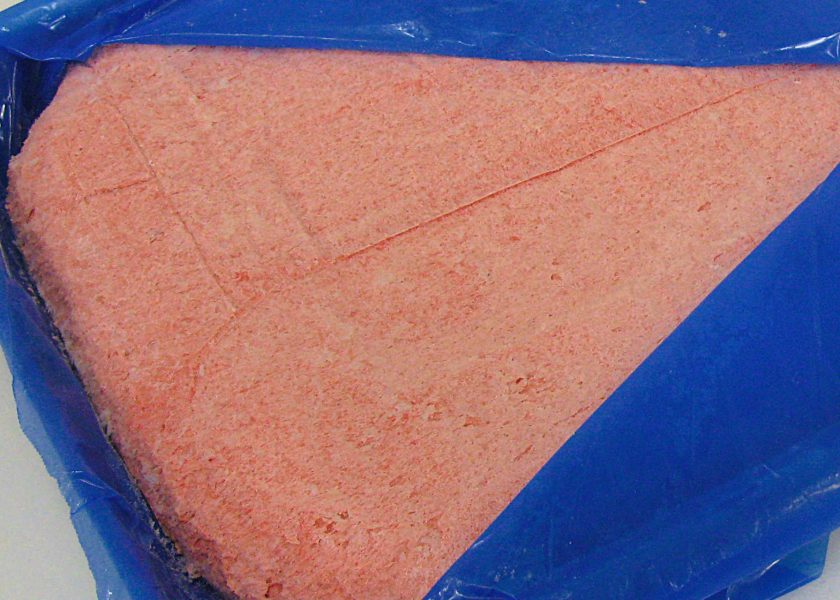The Philippine Department of Agriculture will slap a temporary ban on poultry imports from Brazil following an avian influenza outbreak in the South American country.
On May 16, Brazil’s Ministry of Agriculture and Livestock declared a state of zoosanitary emergency for 60 days in the municipality of Montenegro, in Rio Grande do Sul, after confirming an outbreak of highly pathogenic avian influenza in a commercial poultry establishment.
Brazil is the leading supplier of chicken meat to the Philippines, particularly of mechanically deboned meat (MDM) widely used by the meat processing industry.
In 2024, it exported 237,395 tons of chicken meat to the Philippines, accounting for half of the country’s total poultry imports. Of this volume, MDM accounted for 65%, while chicken cuts made up 23%.
In the first two months of 2025, Brazil shipped 44,149 tons of chicken meat to the Philippines, or 57% of total imports for the period.
MDM made up the bulk at 67%, reinforcing the South American’s role in supplying raw materials for processed meat products.
Updated poultry trade guidelines
In early May, DA issued its updated poultry trade guidelines, focusing on regionalization to minimize disruptions caused by avian influenza outbreaks.
Under the new guidelines, the agency now allows accredited countries to apply for bilateral recognition of disease-free zones rather than imposing countrywide bans. These adhere to global standards established by the World Organization for Animal Health and the World Trade Organization.
The US and the United Kingdom already have regionalization agreements with the Philippines. Brazil, along with other exporting nations like Poland, Spain, and Portugal, are applying for similar recognition.
DA is now working to speed up Brazil’s regionalization process to ensure trade continuity and biosecurity compliance.
“A country wide ban will be disastrous for our food security,” Jesus Cham, President Emeritus of the Meat Importers and Traders Association, told aviNews Asia. “Hopefully the Philippines and Brazil can fast track the regionalization agreement so that only affected areas are banned.”

